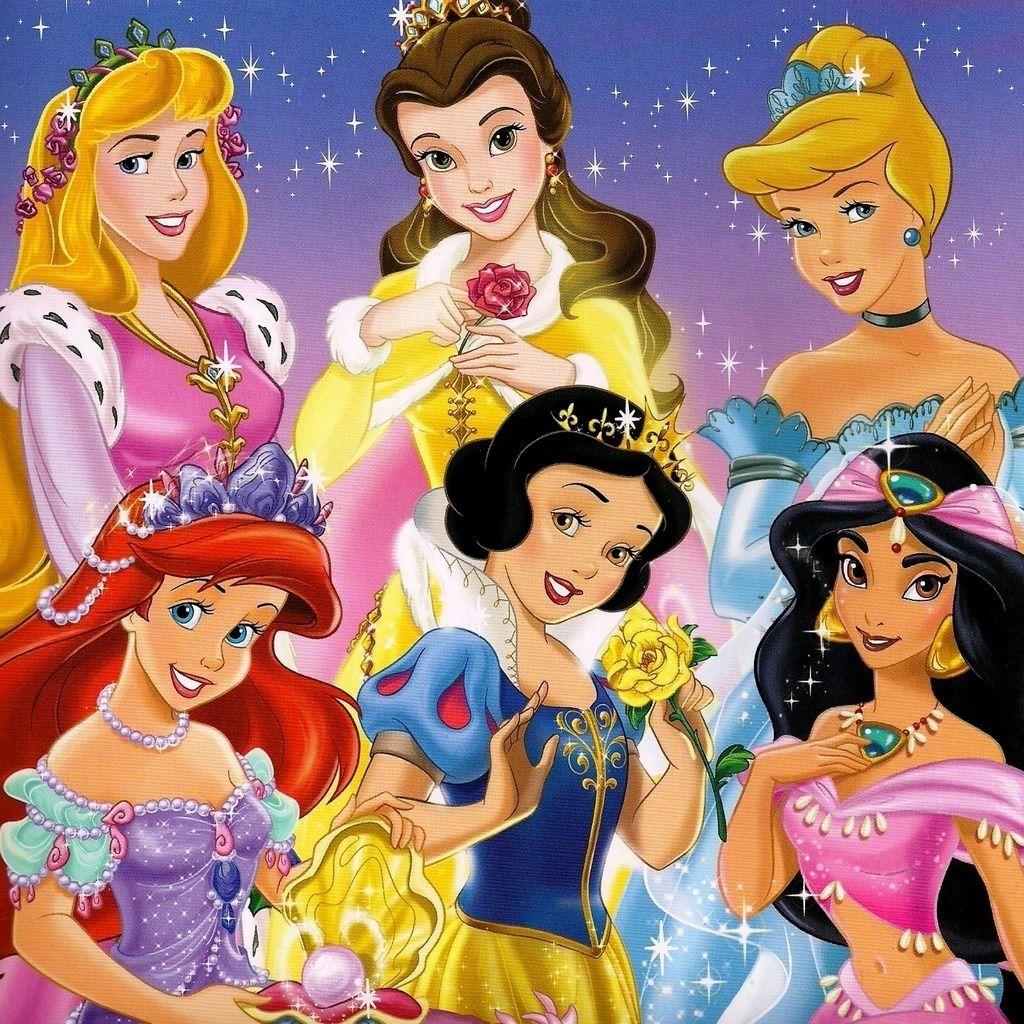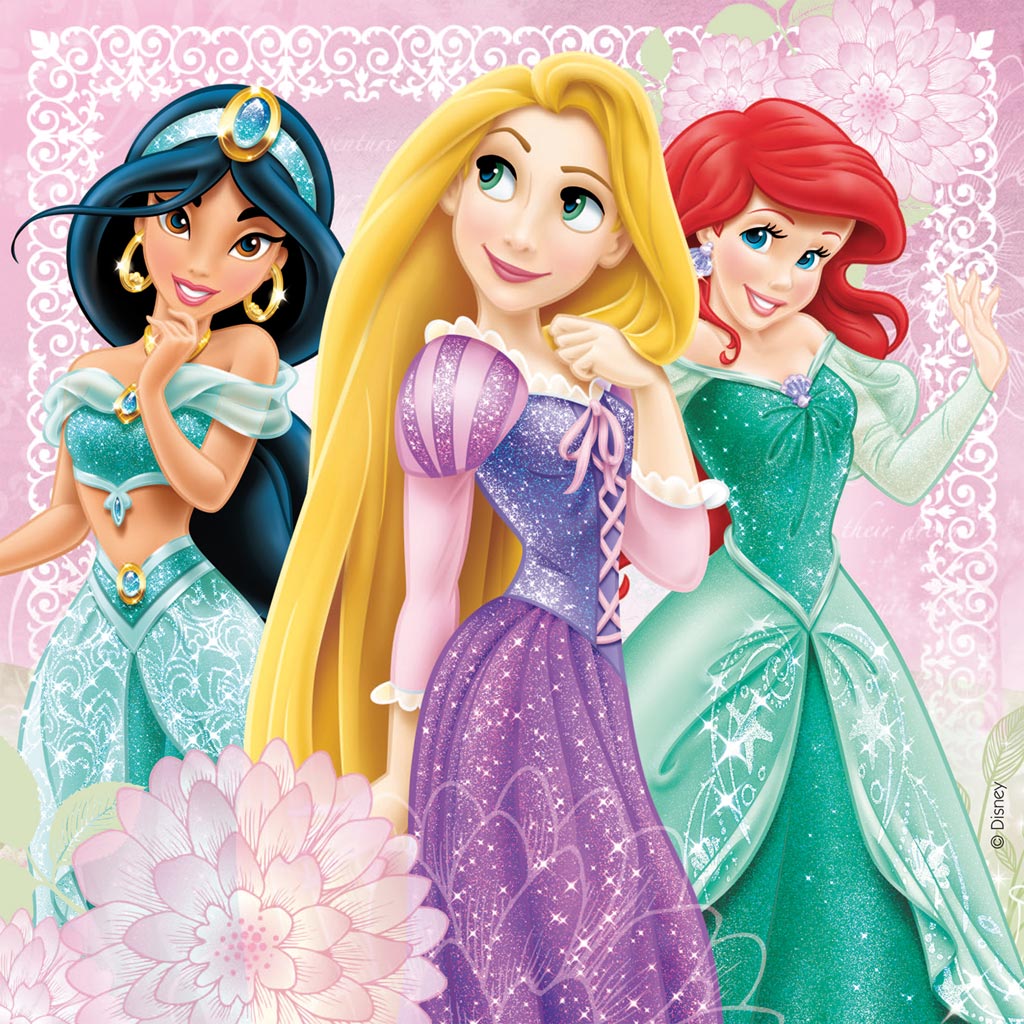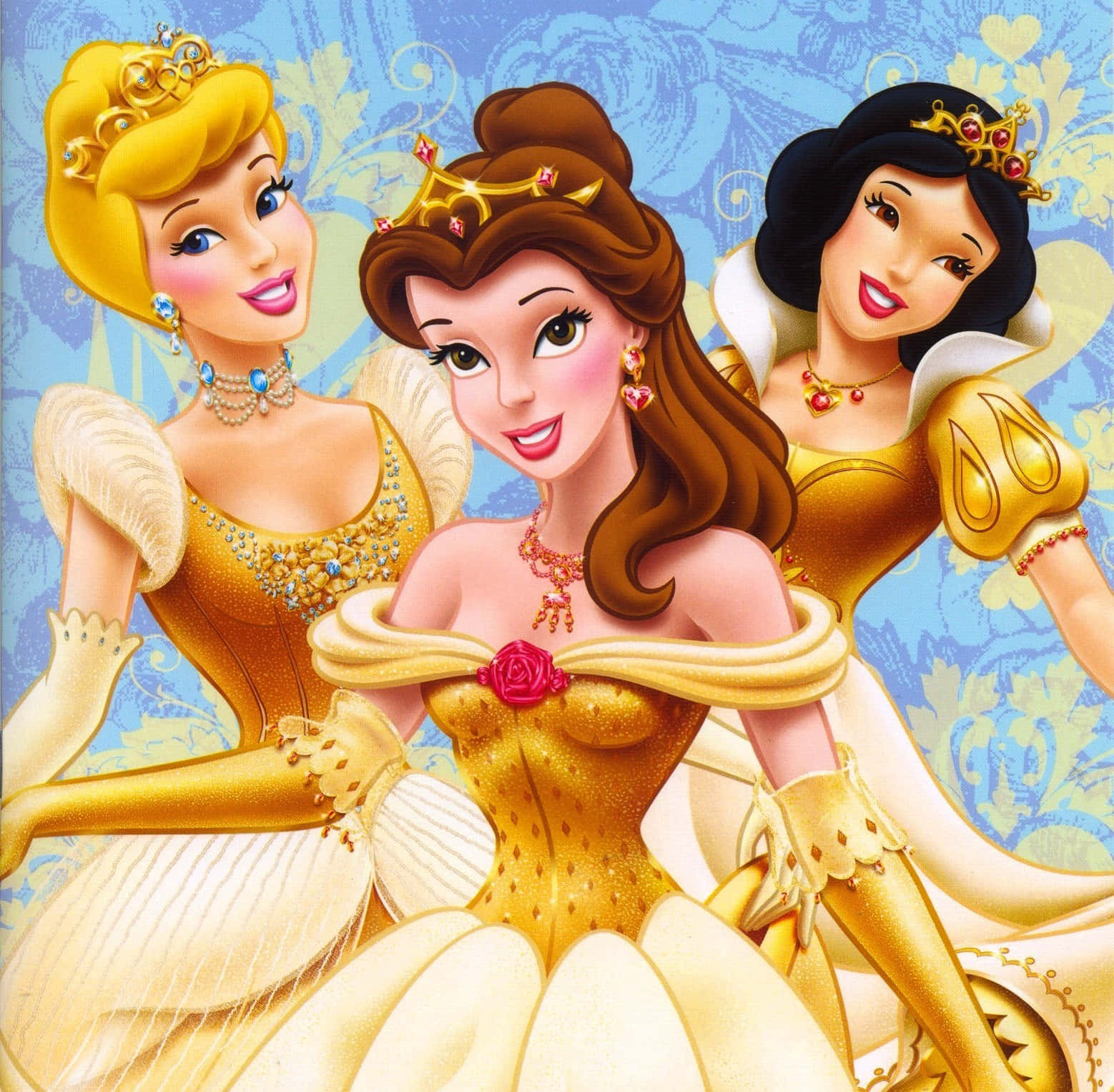Unpacking Princess Love - Language And Affection
When we think about something like "princess love," our minds often drift to stories of grand gestures and storybook endings. Yet, there's a whole lot more to this idea than meets the eye, especially when we consider the words we use to talk about it. It’s a fascinating thing, really, how language shapes our feelings and the way we understand deep connections. So, in a way, the words themselves become a part of the feeling, carrying their own special kind of charm and meaning.
It's interesting to consider how the very words we pick can change how we feel about something as delicate as "princess love." From the tiny, informal ways we shorten names to the grand titles we use, each choice adds a layer to the picture. We might not always notice it, but the way we speak or write about affection, or even about someone we hold dear, carries a lot of weight. You know, it's almost like the words themselves are tiny building blocks for big emotions.
This exploration takes us on a quiet look at how our everyday speech and formal language come together. We'll be looking at how words work, the little quirks of grammar, and the traditions of how we address others. It's about seeing how all these pieces fit into the broader idea of "princess love," and how they help us express something so deeply felt. We'll find, perhaps, that the heart of affection is often found in the small details of our language.
Table of Contents
- The Language of Royal Affection
- What's in a Name - Princess Love and Titles?
- When Lil' Becomes Big - The Charm of Princess Love
- Do Words Truly Designate - Princess Love in Meaning?
- The Art of Addressing - How We Speak of Princess Love
- Can Grammar Guide Affection - Princess Love's Rules?
- Terms of Endearment - The Heart of Princess Love
- Where Can We Explore These Ideas - Princess Love's Shared Insights?
The Language of Royal Affection
When we talk about "princess love," it's not just about the feeling itself, but also about the many ways we express it through words. Think about how we use language to show affection, or to give someone a special place in our thoughts. There are so many subtle ways we do this, and it really shows how much meaning we pack into our everyday speech. Actually, it's quite remarkable how much words can carry.
The words we pick, and even how we write them down, make a difference. For instance, the little word "lil" shows up often, but you'll usually see it as "lil'" when it's part of someone's name. This small mark, that little apostrophe, tells us something important about how we treat names and how we want them to feel. It's a bit like a tiny signal that changes the whole tone of a word, don't you think?
This short form, "lil'," is just one example of how language adapts to fit our needs for warmth and closeness. It's a prefix, a way to say "little" in a quick, friendly manner. This sort of linguistic shortcut often brings a sense of intimacy, making a formal title feel a little more personal. It's interesting how such a small change can have such a big effect on the feel of a name or phrase, virtually transforming it.
What's in a Name - Princess Love and Titles?
Have you ever considered how a title can completely change the way we perceive someone, especially when thinking about something like "princess love"? The history of language is full of examples where a simple word becomes a mark of respect, or even affection. Take "milady," for instance; this term first appeared a long time ago, around 1778, and it partly came from French. It's a title used when speaking to or about an English lady, giving a sense of old-world charm. It's almost as if the word itself carries a certain kind of gentle elegance.
The Historical Echoes of Princess Love
This idea of using titles to convey a certain status or feeling isn't new at all. We see it with "mister" too, which can be a part of someone's style or even a complete way to address them, but it's usually tied to a specific position or role. So, a word that seems simple on the surface actually holds a lot of unspoken meaning about someone's place or how they are viewed. It's really quite interesting how these old ways of speaking still shape our present-day conversations about "princess love" and how we honor people.
When Lil' Becomes Big - The Charm of Princess Love
It's truly something how a small linguistic touch can make a big impact, isn't it? The use of "lil'" as a short form for "little" can add a layer of warmth and closeness, especially when it's part of a name or a term of affection. This simple shortening can make something feel more endearing, more approachable. It's like taking a formal idea and giving it a gentle, personal hug. This kind of casual language, you know, often feels more heartfelt than something very proper.
The Sweet Sounds of Princess Love
Think about how we sometimes use nicknames or shorter versions of names for people we care about. "Lil'" fits right into that space, becoming a kind of prefix that signals affection. When someone is referred to as "Lil' [Name]," it often suggests a special bond, a tender way of speaking that goes beyond mere formality. It's a way to express a gentle kind of "princess love," making a connection feel a little more intimate and personal. This simple linguistic choice, apparently, can make a world of difference in how a name is perceived.
Do Words Truly Designate - Princess Love in Meaning?
We often use words to point to something specific, to "designate" an idea or a thing. But does a word always perfectly capture the full meaning, especially when we're talking about something as rich as "princess love"? Sometimes, a word like "designate" is used as a noun, meaning the thing itself that is being pointed out, rather than an action or a description. This matters because it shows how precise, or sometimes imprecise, our language can be. For example, we might simply write a word down, and expect its meaning to be clear, but that's not always the case, is that?
The way we use words can sometimes be a bit tricky. When we use a word to "designate" something, we're trying to pin down its essence. But when we talk about "princess love," it's such a broad and beautiful idea that a single word can only do so much. The context, the feeling, the history behind the phrase – all these things contribute to its true meaning. So, while a word might point us in a direction, the full experience of "princess love" often goes beyond what any single term can completely contain.
The Art of Addressing - How We Speak of Princess Love
The way we address someone, especially someone we hold in high regard, is truly an art. Consider how titles like "Princess Leia" are used. Before her execution, she was told, "I'd like you to join me for a ceremony that will make this battle station operational." This shows how a title can be used in a moment of great tension, even to convey power or a lack of it. It highlights that the choice of address isn't just about politeness; it can be about asserting dominance or challenging opposition. No star system will dare oppose the emperor now, they thought, showing the weight of such titles. This is a very different side to how we might think of "princess love," where the title carries a heavy burden.
The Formalities and Freedoms of Princess Love
Capitalization itself is really a matter of style, so it can change depending on who is publishing something. What one publisher capitalizes, another might not. This flexibility in style gives us a certain freedom in how we present words, but it also means there isn't always one strict rule. When it comes to something as personal as "princess love," this stylistic choice can subtly change how the words feel. Do we capitalize "Princess" to give it a formal air, or keep it lowercase for a more intimate touch? It's a small detail, but it speaks volumes about the tone we want to set, you know.
Can Grammar Guide Affection - Princess Love's Rules?
Sometimes, what sounds natural and heartfelt isn't always what the grammar books say is correct. Take, for example, when you go to a James Brown tribute concert and the singer belts out "get up offa that." Grammatically speaking, "offa" isn't standard, but it carries a certain energy, a raw emotion that "off of that" just wouldn't. This shows that when it comes to expressing something like "princess love," strict grammar rules might take a backseat to genuine feeling and common ways of speaking. I mean, how do you explain to people in general that it's grammatically incorrect when it just *feels* right?
This brings up an interesting point about how language evolves and how we use it in real life. While there are rules, people often bend or break them to convey a particular nuance or emotion. It's like the difference between a perfectly written speech and a spontaneous, heartfelt declaration. Both have their place, but for expressing deep affection, the latter often feels more authentic. So, when we think about "princess love," we might find that the most impactful expressions aren't always the ones that follow every single rule, but rather the ones that come straight from the heart, even if they're a little bit unconventional.
Terms of Endearment - The Heart of Princess Love
When it comes to stories of romance, terms of endearment are practically a must. These are the sweet names and affectionate phrases we use for people we care deeply about. They are the little linguistic hugs that convey warmth, tenderness, and a unique bond. They really are the heart of how we express "princess love" in our everyday interactions and in the stories we tell. These special words, like your own private language, add so much richness to a relationship, don't they?
The Tender Whispers of Princess Love
These terms are not just random words; they often carry a shared history, inside jokes, or simply a feeling of deep affection. They are a way to make someone feel special, cherished, and truly seen. Whether it's a classic pet name or something unique to a particular couple, these tender whispers are a powerful way to communicate "princess love." They show that the connection is personal, intimate, and truly one of a kind. It's almost as if these words create a cozy little world just for two.
Where Can We Explore These Ideas - Princess Love's Shared Insights?
If you're curious about the nuances of language, or how specific words are used, there are many places to find answers and share thoughts. Online communities, like those within the Stack Exchange network, are great examples. This network includes many question and answer communities, with Stack Overflow being one of the largest and most trusted places for people who develop software to learn and share their knowledge. These platforms offer a space for collective wisdom, where people can discuss everything from grammar quirks to the origins of words, perhaps even the subtle ways we talk about "princess love." It's a place where shared curiosity can lead to a deeper appreciation of language and its many forms.
So, we've taken a look at how words, titles, and even little grammatical choices shape our understanding and expression of something as meaningful as "princess love." From the informal "lil'" to the formal "milady," and from the strict rules of grammar to the fluid nature of terms of endearment, language offers a rich tapestry for expressing deep affection. It's clear that the way we speak and write about love isn't just about conveying information; it's about building connections and sharing feelings in a truly human way.

Disney Princess iPad Wallpapers - Top Free Disney Princess iPad

Disney Princess - Disney Princess Photo (33708180) - Fanpop

Download Princess Pictures | Wallpapers.com